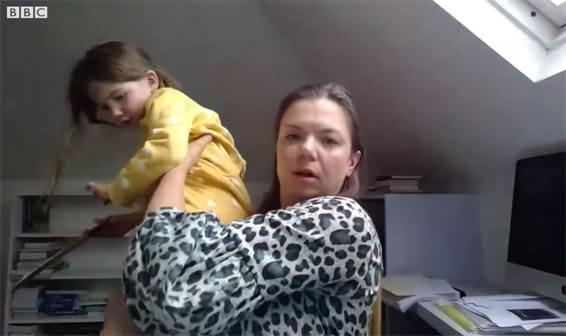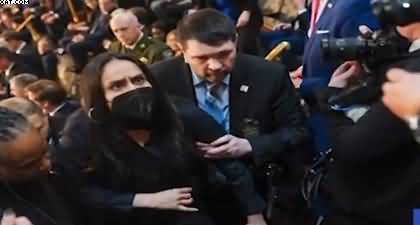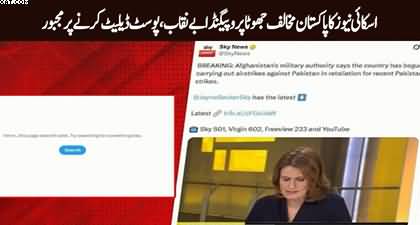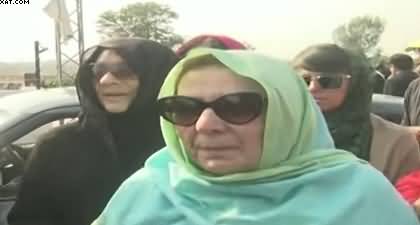
LAHORE:
While turning down a request to temporarily reopen YouTube on Thursday, the Lahore High Court ordered the Ministry of Information Technology to tell the court, on July 25, how it could block access to specific URLs.
The video-sharing website has been blocked in Pakistan since September 2012 following protests about a 14-minute trailer of the film Innocence of Muslims. The then prime minister Raja Pervez Ashraf ordered the ban after YouTube refused to remove the movie from the website at the Pakistani government’s request.
Bytes For All, an NGO, moved the court in January seeking lifting of the ban.
On Thursday, the petitioner’s counsel told the court that instead of blocking access to the entire website, only the objectionable material could be blocked. The Ministry, however, expressed its inability to do so. Justice Mansoor Ali Shah remarked that he was not an expert on the matter and asked the Ministry to form a committee and invite suggestions from the public on how to block access to specific material.
The petition describes the ban as ‘counterproductive’ and one that deprives Pakistanis of the right to access information as well as the right to counter any propaganda against the country. Taking away access to YouTube, says the petition, is the modern-day equivalent of “taking away the scholar’s pen”.
Source: Express Tribune

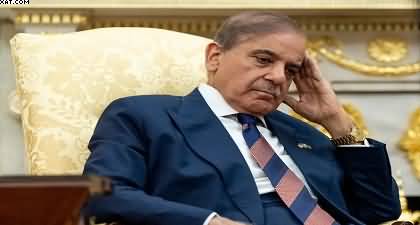 PM Shehbaz Sharif's tweet on Ayatollah Seyyed Ali Khamenei's killing
PM Shehbaz Sharif's tweet on Ayatollah Seyyed Ali Khamenei's killing
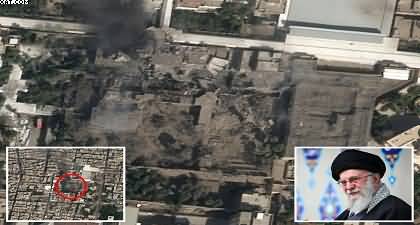 Video shows how Ayatollah Khamenei's compound was targeted by Israel
Video shows how Ayatollah Khamenei's compound was targeted by Israel
 Exclusive Footage: US F-15 Aircraft goes down in Kuwait, Locals grabbed the pilot
Exclusive Footage: US F-15 Aircraft goes down in Kuwait, Locals grabbed the pilot
 Breaking News: Iran fires four ballistic missiles towards U.S. Naval Abraham Lankan fleet
Breaking News: Iran fires four ballistic missiles towards U.S. Naval Abraham Lankan fleet
 Visuals of attack on Ayatollah Khamenei’s compound have been released
Visuals of attack on Ayatollah Khamenei’s compound have been released
 10 dead several injured in clashes near US Consulate in Karachi
10 dead several injured in clashes near US Consulate in Karachi

